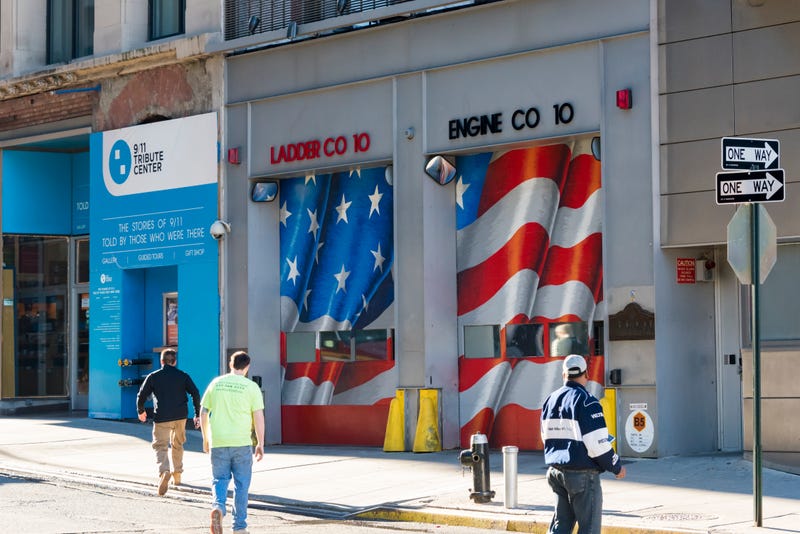
NEW YORK (WCBS 880) — A study led by Stony Brook University found 9/11 first responders were more likely to develop a new kind of dementia.
“We found that people with PTSD are at higher risk for dementia in general,” Dr. Sean Clouston, Professor of Public Health at Stony Brook University, told WCBS 880.
Clouston has been studying the link between post traumatic stress disorder and cognitive issues by looking at 3D brain images.
“Responders with PTSD also had markers of white matter health that were worse than, or different from and seemingly a bit worse than, the responders without any symptoms at all,” Clouston said.
Those with the most intense toxic exposure were most at risk of developing dementia. Symptoms are also showing up about 20 years earlier than what’s typical of the disease. Clouston added that this dementia goes beyond just memory loss.
"Here we're seeing a different sort of pattern, we're seeing overall slowing of thought, we're seeing changes in memory at the same time, and we're seeing for people with PTSD we're also seeing actually changes in physical function so they're actually walking more slowly," Clouston explained.
The brains of nearly 100 first responders were studied as part of the study and was the first of its kind in looking at responders in midlife with both PTSD and without.



